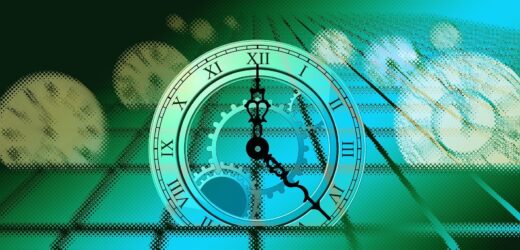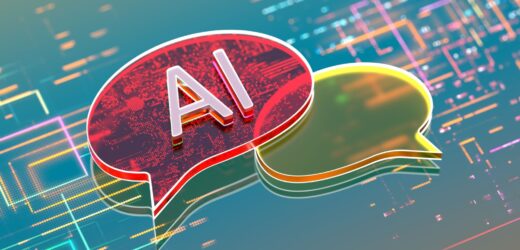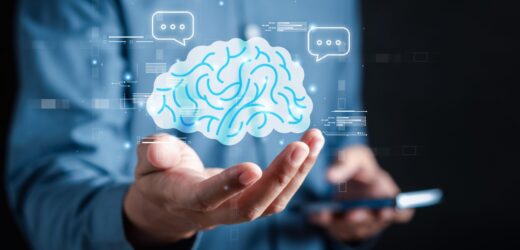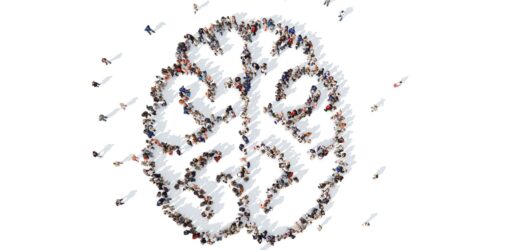It is well-known that reflection is a key to learning and retention. Our minds are not computer programs that can simply download information with complete fidelity. Rather, they build knowledge by blending prior content with new information. This process requires a pause in the delivery of new information for reflection to create the neural connections that constitute knowledge. Unfortunately, the traditional 50- to 75-minute lecture does not provide time for such reflection.
Quizzing or Gaming Systems: Which to Choose?

Related Articles
I have two loves: teaching and learning. Although I love them for different reasons, I’ve been passionate about...
Geniuses are inherently fascinating. The notion that a lucky few have innate abilities to push the boundaries of...
Teachers focus on developing students’ conscious learning and understanding of concepts, but there is a whole other dimension...
While much of online learning occurs through discussion board conversations, it can be challenging for students to offer...
“Why does my edition of Hamlet read ‘O, that this too, too sullied flesh would melt,’” my student...
After all, nearly every large language model (LLM) is good at summarizing readings, synthesizing large amounts of data...
In 1906, Francis Galton was visiting a livestock fair when he stumbled upon an interesting contest. Local villagers...








